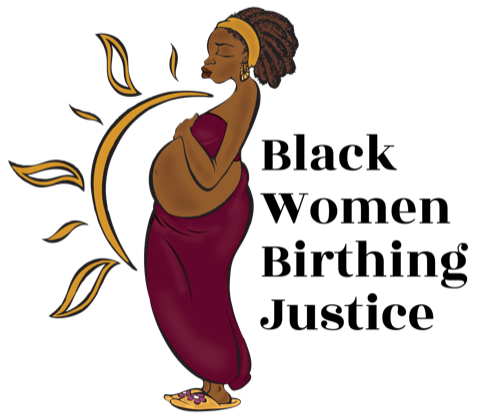Why Are Black Women Experiencing Higher Rates of Infant Mortality?
The Black community is facing a horrific health crisis that isn't gaining enough attention. The high infant mortality rate of Black/African-American women is an alarming statistic. The United States faces 5.8 deaths per 1,000 live births nationally, but behind these numbers hide severe racial disparities. In Oakland alone, the Alameda County Public Health Department reports that black infants pass away twice as often (8.7 deaths per 1,000 live births) as non-Hispanic white infants (3 deaths per 1,000 live births). These alarming statistics have been consistent both nationally and locally for the past decade, and despite numerous calls to action, the root causes have yet to be addressed. Why Black Women’s Stress is a Structural Issue It’s no secret that Black women face more racial inequality than their white counterparts in the United States, resulting in a lack of proper healthcare and just workplace treatment, among other things. However, the effects of these environmental and societal problems go much deeper and can affect more than just our day-to-day lives. In fact, research from the University of California - Los Angeles reveals that racism and sexism are directly linked to Black women’s pregnancy outcomes and life expectancy. An increase in chronic maternal stress damages the body over time, with the damage being referred to as a subject’s “allostatic load.” This is measured through health data such as cholesterol, blood pressure, and cortisol levels. Regardless of income, age range, or educational attainment, Black women in all income classes are subjected to these structural stressors — the effects of which are silently lethal. Black women's high allostatic load scores have been linked to poor pregnancy outcomes, such as premature births and low birth weight. It should be noted that low birth weight is the second leading cause of infant deaths, following birth defects. Just last May, Jennifer Featherstone, an Alameda county resident, faced the difficult experience of losing her four-week old daughter to meningitis. As a result of a preterm birth, Featherstone was unable to catch the infection on time. Her daughter fell into a coma, and shortly after, passed away. What happened to Featherstone and her daughter isn’t rare. Sadly, Laval University found that pre-term births is twice as likely to happen to Black infants as opposed to white infants. A Call for More Medical Professionals The medical industry should take the lead to address the obvious structural issues. In fact, research from Raleigh University found that a simple increase in the number of physicians decreases infant mortality rates. However, the number of physicians across the country have been dropping over the years, which could partly explain the increasing, if not consistent, infant mortality rate among Black babies. Unfortunately, statistics gathered by Maryville University point to an impending doctor shortage crisis by 2025, as well as a shortage in educators for the next generation of nurses. And in an industry where 5.7% of the physicians are Black, worryingly Black women will be the first to feel its effects. Second-rate healthcare due to racial bias is still rampant throughout the country, and even stars like Serena Williams experience terrifying pregnancy complications that often go ignored by healthcare professionals. Solutions for the Long-term, Short-term, and at Home Addressing the stress that racial disparities can cause before, during, and after pregnancy may help lower our chronic maternal stress and, in turn, lower our allostatic load. This is critical for our infants’ health and wellbeing (as well as our own health) throughout our lives. Resolutions for racial disparities, however, are difficult to undertake, since long-term solutions require the combined effort of policymakers and society at large. Short-term solutions can include studying key data that can aid medical practitioners in developing programs that could alleviate Black women's allostatic load. At home, ensuring low levels of stress and a healthy environment is important to protect both our babies and ourselves. Moreover, a study published in The Journal of Perinatal Education found that doulas can help provide the support needed for a comfortable and safe pregnancy — including emotional, physical, and even informational assistance. Continuous nurturing and support throughout our labor from trained and dedicated professionals also helps in creating a stress-free environment.
Exclusively written for BlackWomenBirthingJustice.Org
By: Jesse Grace BWBJ Blog Contributor
Photo by Dazzle Jam from Pexels
